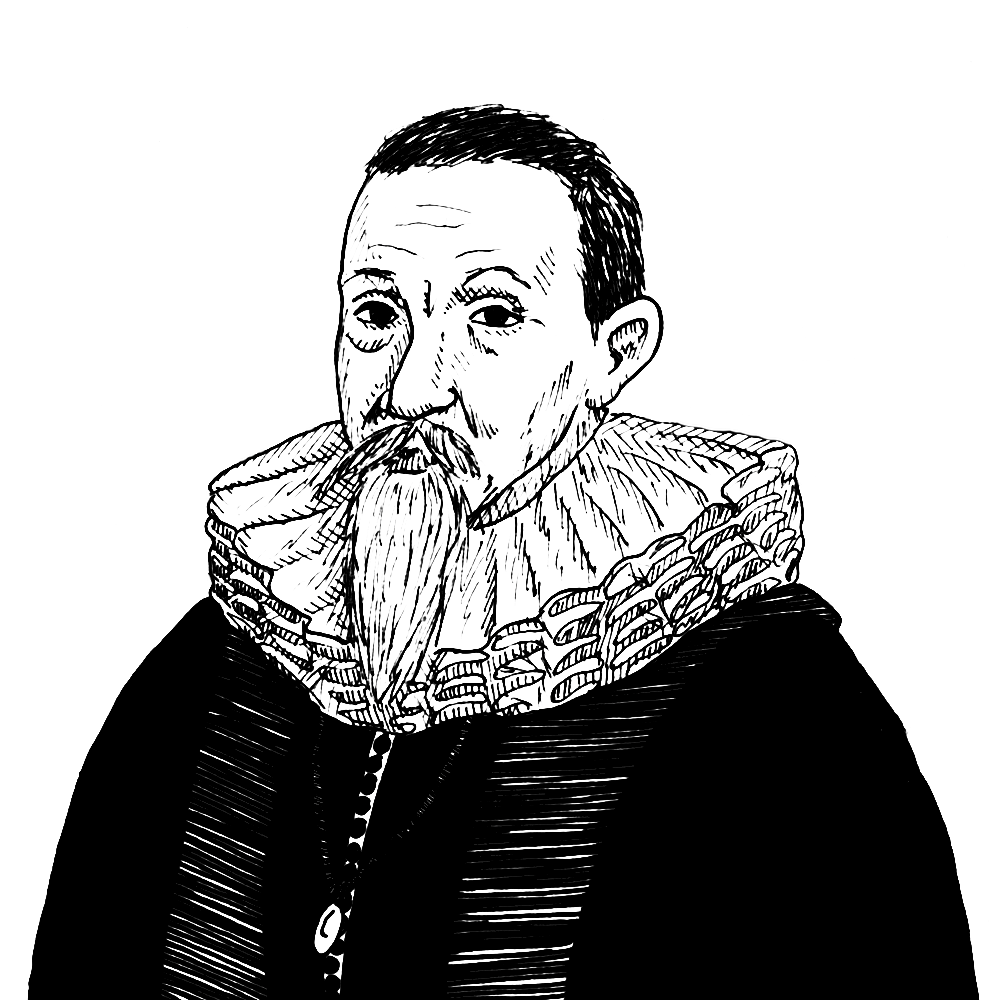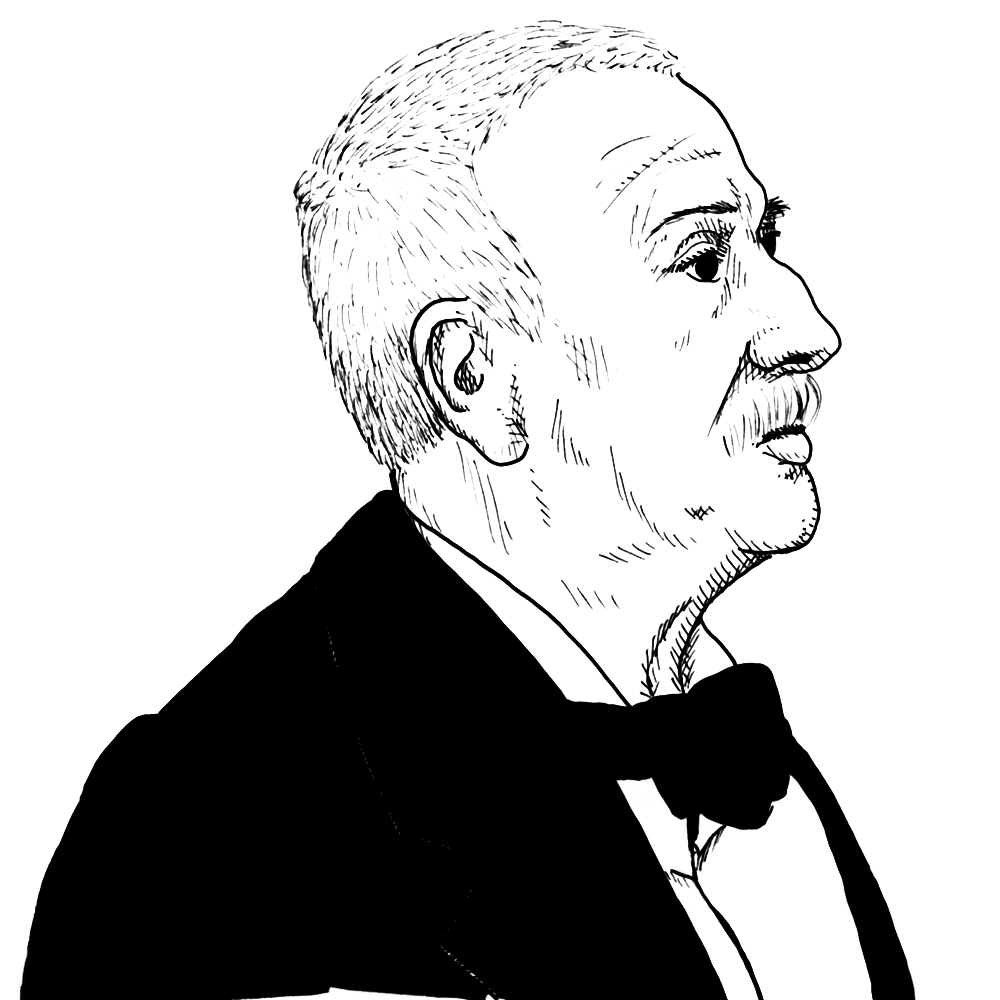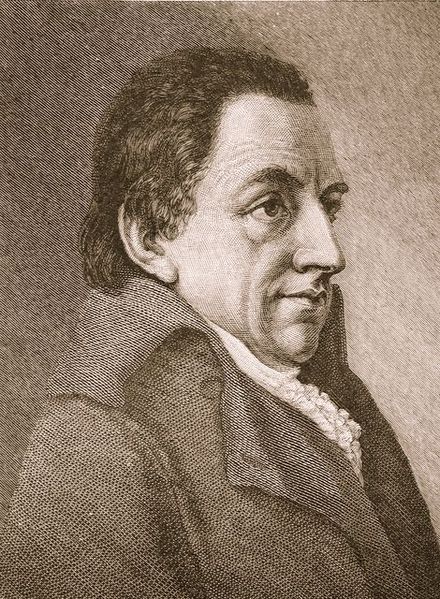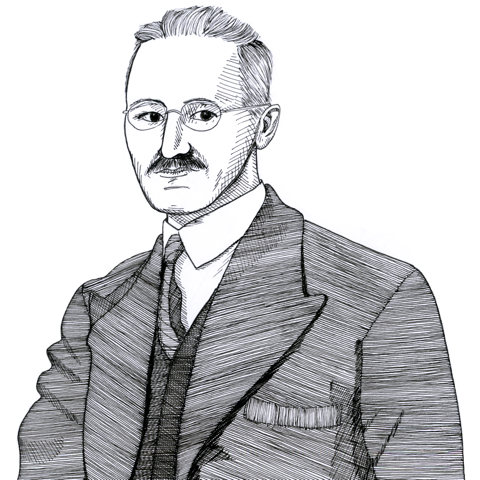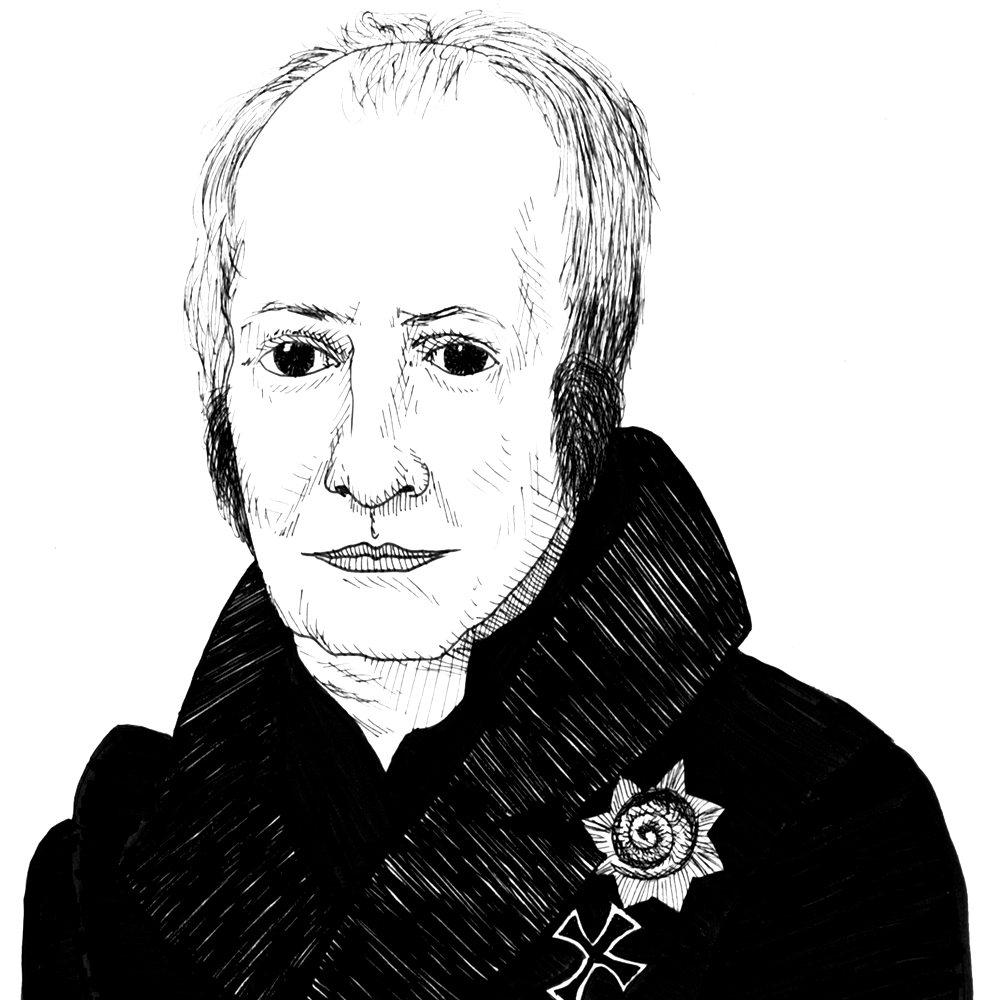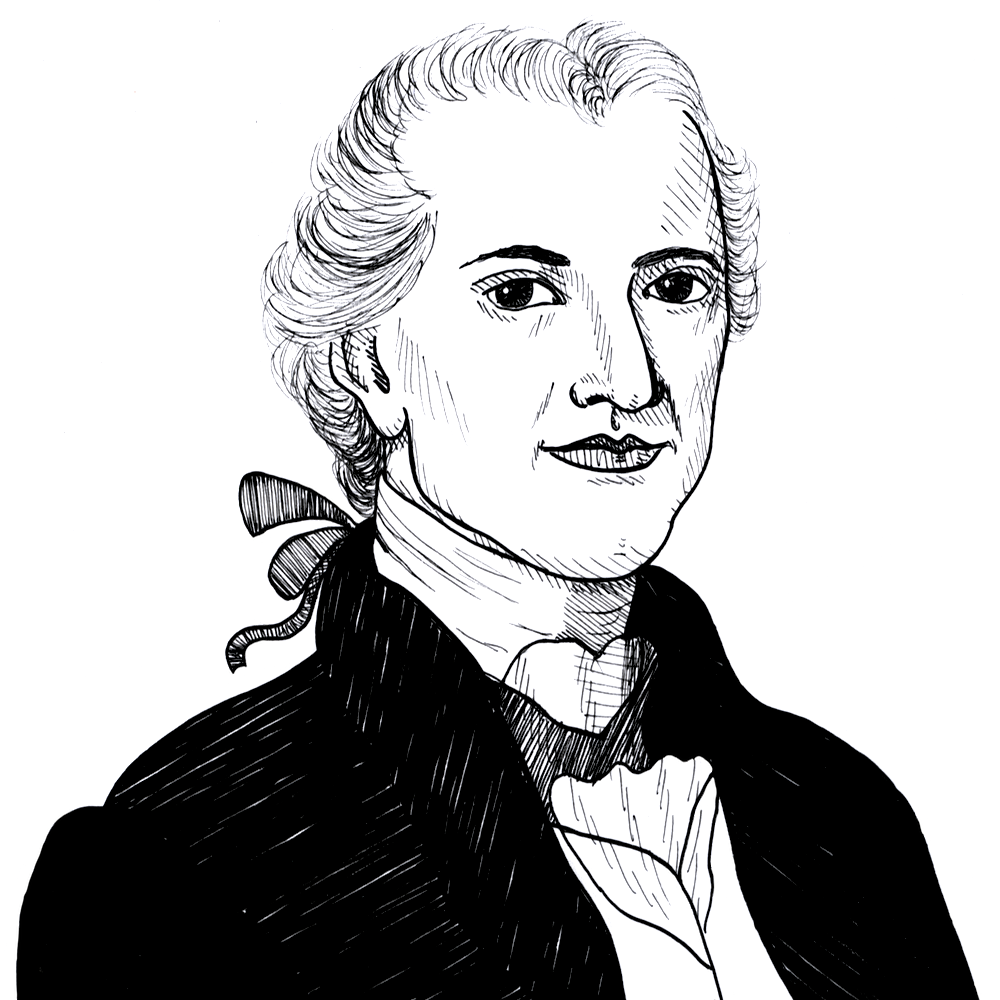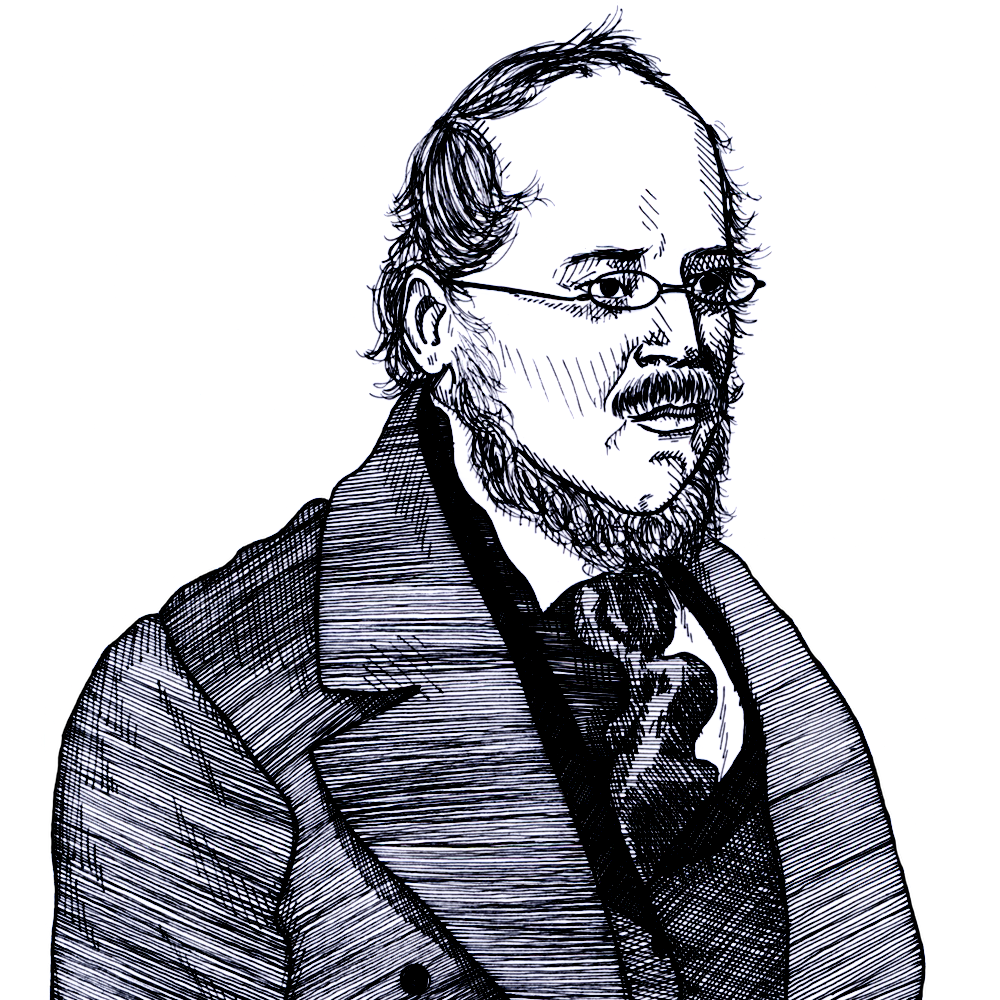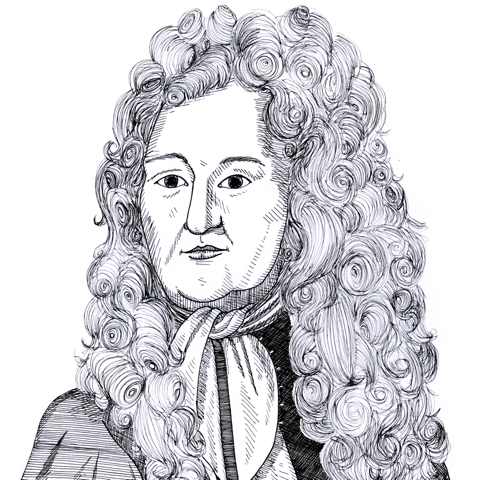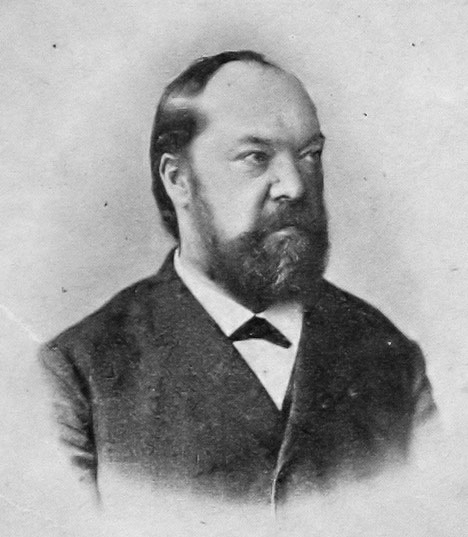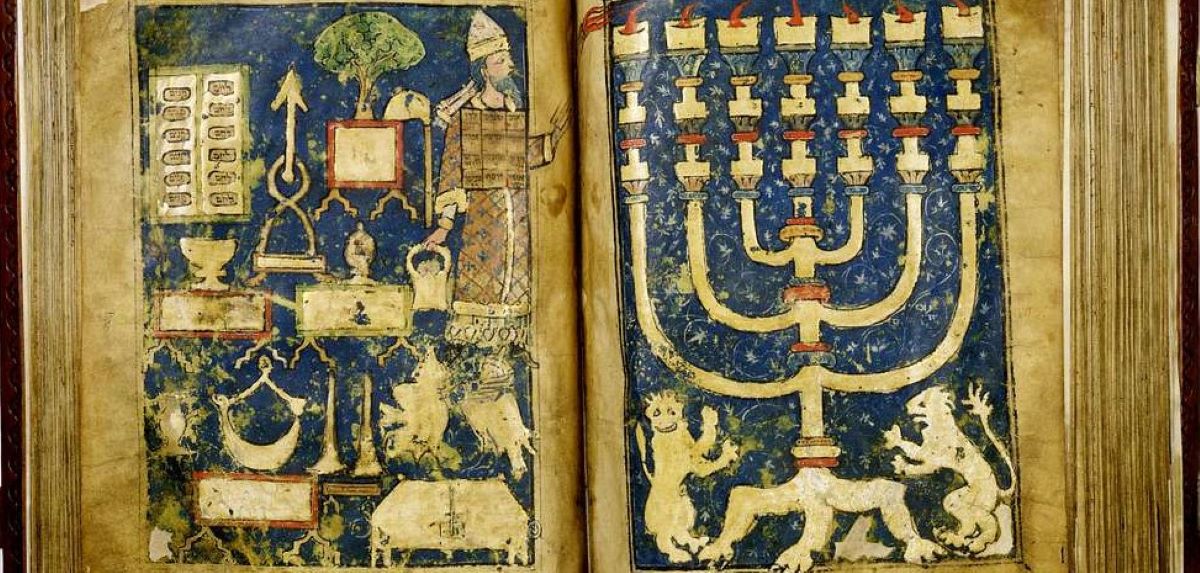German Liberalism
About this Collection
In the 17th, 18th and early 19th centuries a number of German liberals emerged to argue for enlightened reform, deregulation, and constitutional government. The failure to achieve these aims in the 1848 Revolution meant that German liberalism was eclipsed by nationalism, militarism, and socialism for the next 100 years.
Key People
Titles & Essays
THE READING ROOM
THE READING ROOM
THE READING ROOM
Loading...
Quotes
Presidents, Kings, Tyrants, & Despots
Althusius argues that a political leader is bound by his oath of office which, if violated, requires his removal (1614)
